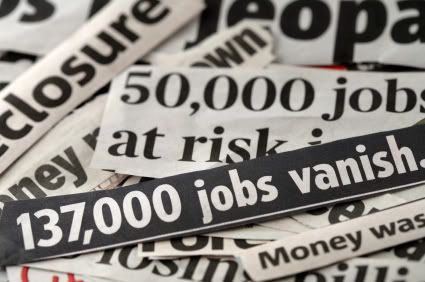Two years ago, President Obama said 2010 was going to be the Recovery Summer, thanks to the American Recovery and Reinvestment Act (ARRA) he signed into law in February 2009. The $787 billion (increased to $840 billion last year) in ARRA government spending, loans and select tax breaks was supposed to put Americans back to work and jump start the economy.
So far, the government has spent $759 billion creating or saving a reported 159,000 jobs in the first quarter of 2012. A quick review of the quarterly jobs summary, which ranks federal agencies, programs, contracts, as well as grants and loans by how many jobs they created in a given quarter, reveals a dizzying array of Keynesianism at work—or not, as the case may be.
A few hundred million dollars here, another hundred million or so dollars there adds up as it is. But in terms of taxpayer return on “investment,” it’s hard to see how all that money funneled from 43 federal bureaucracies to hundreds more state and local bureaucracies (not to mention all the tax breaks for favored green companies) is supposed to re-ignite the economy—unless you believe along with Paul Krugman that the road to recovery is paved with more government employees. Or unless you believe, as President Obama said during a June 8 press conference, “The private sector’s doing fine.” A sampling of recent reports suggests otherwise.
- More than 23 million Americans are out of work, according to data from the Bureau of Labor Statistics (and this figure may be conservative).
- In May employers added the fewest workers in a year, 66,600.
- “Unemployment has exceeded 8 percent since February 2009, the longest such stretch since monthly records began in 1948.”
- Median household income is down $4,300 since January 2009—just prior to the Recovery Act.
- From 2007 to 2010, American families’ net worth also plummeted nearly 40 percent from $126,400 in 2007 to $77,300 in 2010, “levels last seen in the early 1990s” according to the Federal Reserve.
Elsewhere, First Lady Michelle Obama is urging college graduates to forgo high-paying jobs and do community service instead (as if the two are incompatible in the first place).
Today each taxpayer is footing a nearly $140,000 bill for government debt as it is—more than two and a half times the $52,000 national median household income. On top of that, private-sector employees are subsidizing their government-sector counterparts who are paid anywhere from 16 percent to 61 percent more, depending on how compensation is calculated.
Subsidizing more government jobs isn’t the path to recovery. It’s a recipe for disaster. Hopefully when the last folks still working in the private-sector to pay for all this “recovery” close up shop and head out to their public-sector gigs, they remember to shut off the lights.


